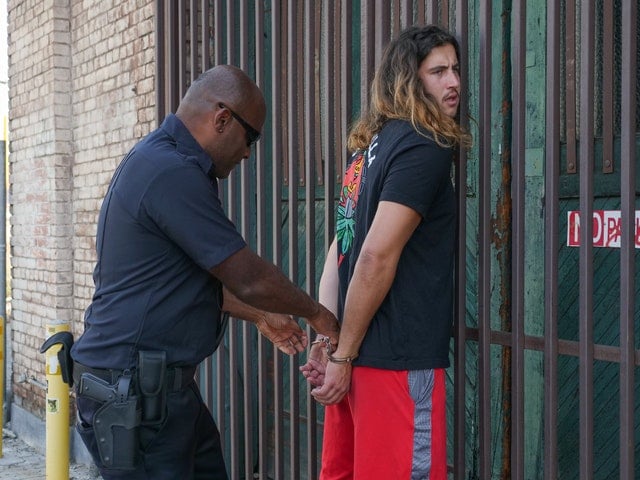
What You Should Know About Pre-Arrest Investigation Rights In Colorado
If you’re under investigation for a crime in the state of Colorado, say experts like Boulder criminal defense lawyer Moorhead Law, there are a few things you need to know about what’s going on and what may happen next. This short guide will help you fill in some of the critical blanks you might have about pre-arrest investigations in Colorado and how they can possibly affect you. Here’s what you’ll need to know…
First off, what is a pre-arrest investigation? In some cases, law enforcement might want to gather evidence and build a case against you before making a formal arrest. This is often because, under the Fourth Amendment, authorities must have evidence that reasonably demonstrates you violated the law or committed a criminal offense before they can arrest you. Thus, they’ll conduct a pre-arrest investigation to establish probable cause.
The specific activities police may conduct during their pre-arrest investigation may vary depending on the seriousness and complexity of the crime they suspect you of committing. In the case of minor offenses, such an investigation may take a matter of hours, but for more complicated matters, an investigation can take days, weeks, or even over a year to complete.
As for the specific activities that take place during that pre-arrest investigation, law enforcement authorities often collect physical evidence and conduct interviews with potential witnesses to gather information that may link you to the alleged crime. They’ll go to the crime scene to search for weapons, fingerprints, footprints, etc. They’ll talk to co-workers, family members, neighbors, friends—they might even survey your activities to see what you’re up to.
All the while, you may be wondering what you should do to protect yourself. It’s important to note, firstly, that just because you’re being investigated for a crime, it doesn’t mean you will be charged with one for certain. What’s more, it’s usually a good idea to enlist the services of an attorney who can represent you and help you navigate the pre-arrest landscape.
For instance, an attorney can conduct their own interviews of their own, to probe for inconsistencies in their stories. They might help establish an alibi, or even determine an alternate suspect. They could even use evidence to point out weaknesses in the authorities’ case. These are all actions that may, at a later time, help negotiate less serious charges or potentially convince authorities not to pursue charges at all.
Perhaps most importantly, however, an attorney is there to help ensure that your rights are respected during your dealings with authorities. Though it might be tempting to speak with authorities to explain your case, it’s often a more prudent idea to have all communication go through your attorney first instead of to you directly.
Furthermore, you can also request to have an attorney present when you’re speaking with the police, so that when you’re questioned, everything stays “on the level,” so to speak, and your rights under the law are respected. For these reasons, it’s important to consider hiring reliable representation if you suspect that authorities have you under investigation.




